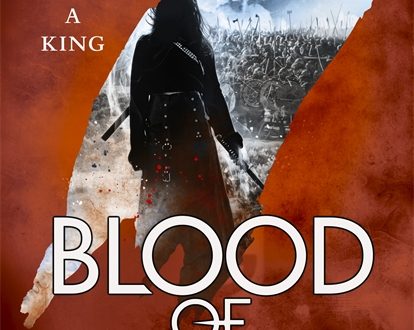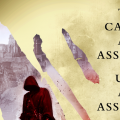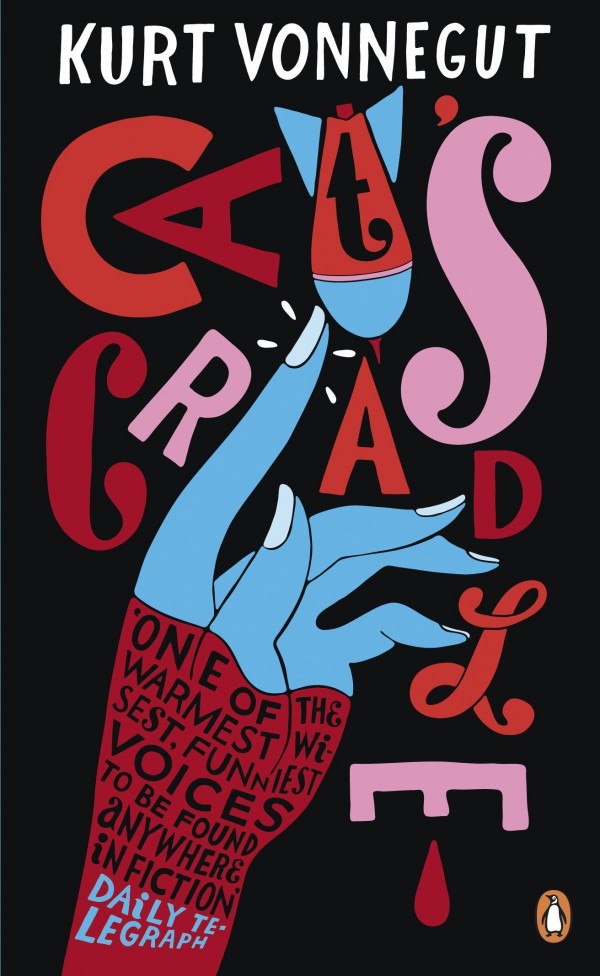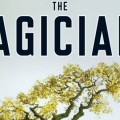Age of Assassins was one of my favourite books of last year. It had everything you could want: great characters, tense mystery storyline, political machinations of the most Machiavellian kind… The question is whether debut author RJ Barker could sustain the quality in the second installment, Blood of Assassins. He has proven himself more than capable.
‘We are cursed to be the sum of our deeds, black as they may be.’
Blood of Assassins picks up five years after the close of the first book. Girton and his master have been travelling the world over attempting to stay one step ahead of a hefty price on their heads. When they come back to Maniyadoc, the region is in ruins. Three kings have been fighting for dominance, tearing the land apart. Reunited with his old friend Rufra, Girton must root out the spy amongst Rufra’s most trusted Triangle Council. But Girton’s biggest problem will be overcoming his own prejudices.
‘As long as there was life in the land the power of a sorcerer was limitless.’
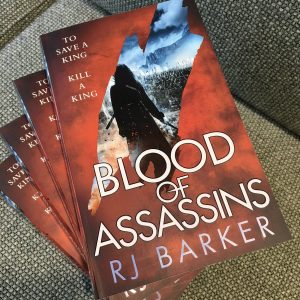 It isn’t easy to write a compelling, thoroughly flawed character like Girton. Reading Blood of Assassins, I wanted to shake him, get him to realise how stupid he was being. But the very fact that I was feeling that way, as a reader, is a testament to Barker’s abilities. Girton is an entirely believable character with personality flaws many of us will be all too well acquainted with. He has very little self-awareness, too absorbed in his personal likes and dislikes to see the truth.
It isn’t easy to write a compelling, thoroughly flawed character like Girton. Reading Blood of Assassins, I wanted to shake him, get him to realise how stupid he was being. But the very fact that I was feeling that way, as a reader, is a testament to Barker’s abilities. Girton is an entirely believable character with personality flaws many of us will be all too well acquainted with. He has very little self-awareness, too absorbed in his personal likes and dislikes to see the truth.
While the second novel continues the basic plot elements of the first – having Girton solve a mystery/conspiracy – Barker manages to up the stakes. Five years have passed and in that time Girton has become both more competent while becoming out of practice at his assassin ‘steps’. In order to propel Girton forward, forcing him to grow up and take charge, his master is injured and spends much of the book in the background. Without his security blanket, Girton flounders. The tension continues to ramp up throughout with each successive failure on Girton’s part.
‘The sensorama of battle was overwhelming – my nose filled with the stink of rust and rancid fat, open bowels and death, mud churned by feet and rain – and no one paid any attention to one more screaming warrior.’
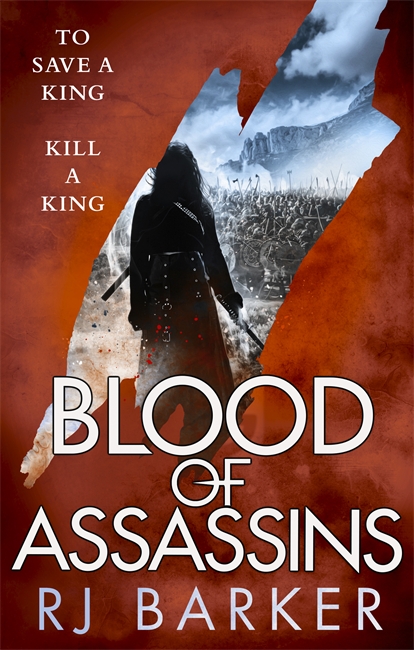 The friendship between Rufra and Girton anchors the novel. Though they have been separated for many years and changed in unimaginable ways, they trust each other as much as they have ever done. Their friendship captures that connection many of us have with childhood friends – where no matter how much time has passed, when you finally manage to catch up, it is like nothing has changed. In particular, it was refreshing to see two men talk to each other about emotionally arresting topics like the death of a child. Not only do we rarely see these kinds of emotional insights into young men, but the loss of a child is also more often than not explored from the mother’s perspective.
The friendship between Rufra and Girton anchors the novel. Though they have been separated for many years and changed in unimaginable ways, they trust each other as much as they have ever done. Their friendship captures that connection many of us have with childhood friends – where no matter how much time has passed, when you finally manage to catch up, it is like nothing has changed. In particular, it was refreshing to see two men talk to each other about emotionally arresting topics like the death of a child. Not only do we rarely see these kinds of emotional insights into young men, but the loss of a child is also more often than not explored from the mother’s perspective.
All these wonderful characters are explored through Barker’s glorious prose. His writing is a joy to read; both evocative and relatable. No sense is neglected as you experience the sights, sounds, and noises of war in Girton’s world. The experience of reading RJ’s work is visceral. Nothing quite compares.
Verdict: The Wounded Kingdom is fast becoming one of my favourite fantasy series of all time. If you haven’t picked up RJ’s work before, you best push it to the top of your to-read list.
 Pop Verse Pop Culture Universe
Pop Verse Pop Culture Universe
